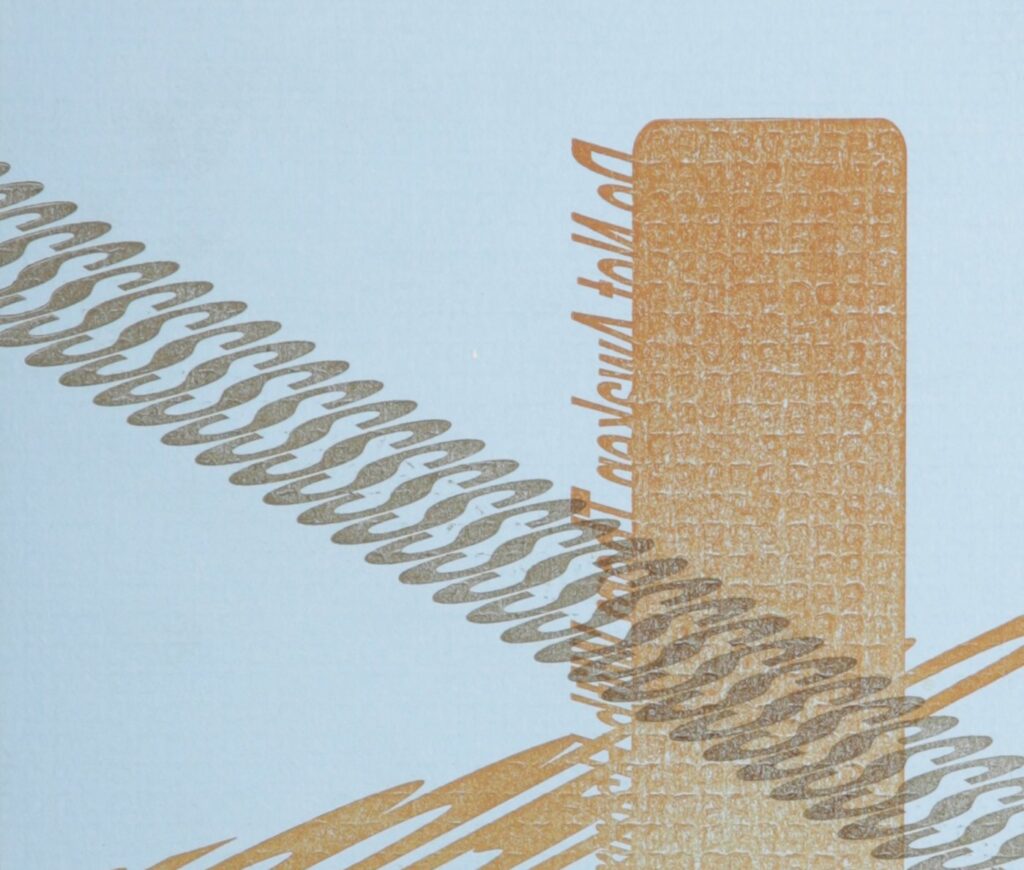Do Not Awaken Them with Hammers
Lidija Dimkovska, translated by Ljubica Arsovka and Peggy Reid Ugly Duckling Presse, $12 (paper)
With the direst laugh-out-loud sense of humor around, Dimkovska’s swaggering and prosey poems take on the sorrows of love (“tell me why you left me and married my sister”), God (“who does not exist . . . I’m afraid of his great eyes”), and anxiety (“I am not afraid of Virginia Woolf, / I fear Lidija Dimkovska. Have you heard of her?”)—and that’s in just one poem. This first English translation of the 35-year-old Dimkovska’s work culls from four books previously published in her home country of Macedonia, and her translators, Arsovka and Reid, have rendered the poet’s irony and insistence with a smirk discernable from a mile away. Nothing is too insignificant or unpoetic to inspire her associative thunder: nail clippers (“what are long nails compared with my thirst for the truth”), a bouillon cube (“Man, oh man, it will suck you up at lunch / when you think that you are eating it, / . . . and will wait for the death in you to pop up”), and aloe vera (“We spread a moisturizing mask for dry skin / on the dead man’s face / and his niece knelt in front of the coffin / praying thus: Come on, Aloe Vera, / make my uncle’s cheeks rosy”) are all unassuming starting points for narratives that pass through irony, anger, profundity, and humor to end up somewhere weighty and totally unexpected: “Was it a funeral or a wedding, Aloe Vera? / Who married whom? Who buried whom?” Elsewhere Dimkovska treats feminism, suicidal thoughts, the Russian Nobel Prize–winning poet Joseph Brodsky, and sex (“Oh, the monster knows that my sex is my cellar”) with the same stunning capacity to transform the ridiculous into something poignant and utterly precise, breaking down “the membrane between me and the events in the world” in order to “make a porridge out of eternal meanings.” The results are transcendent, dizzying, and not to be missed.








